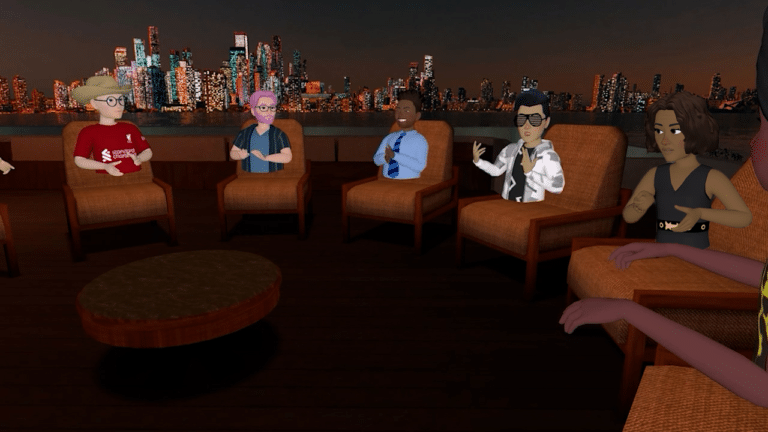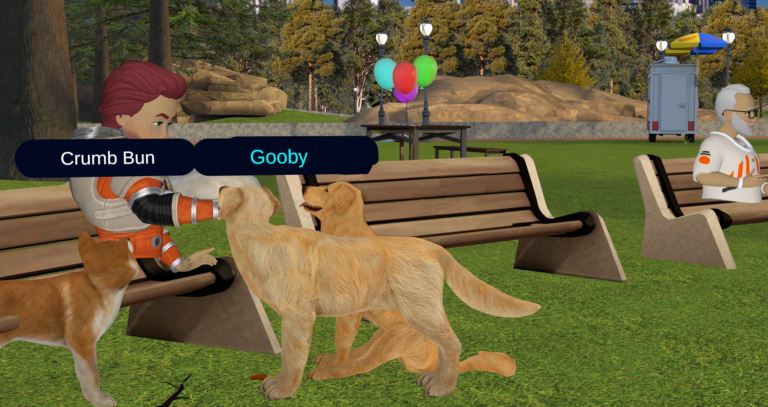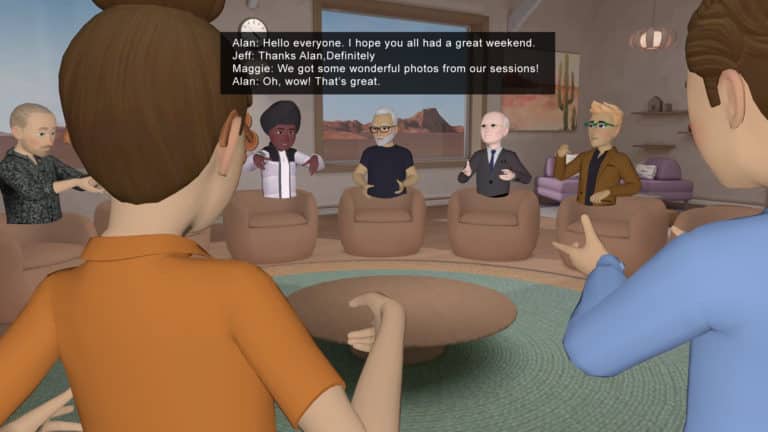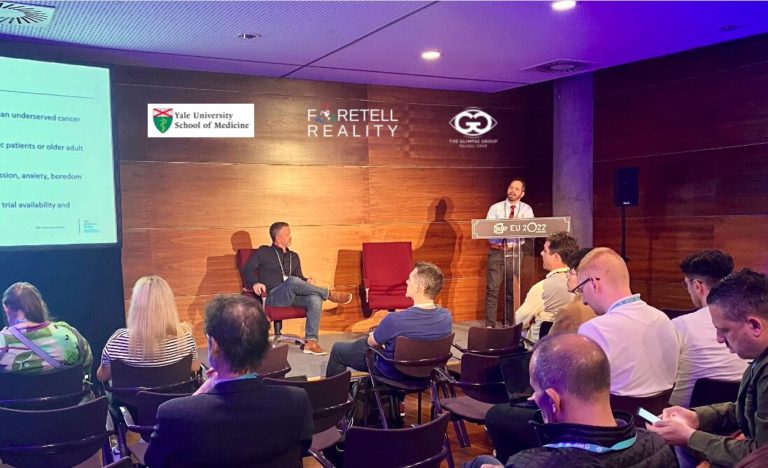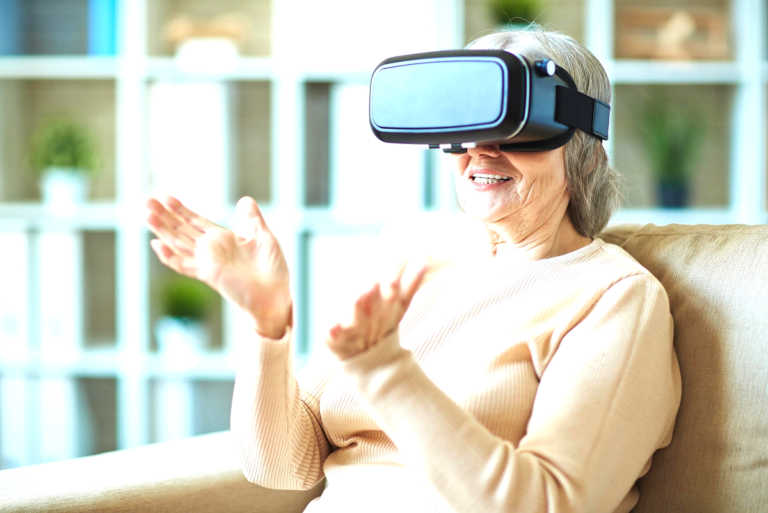A recent pilot study shows that Virtual Reality (VR) can help people with anhedonia experience positive affect. Anehodia describes a lessened ability to experience joy and those who suffer with it are at an increased risk of suicide. It is common across mental disorders including depression, social anxiety, schizophrenia, and substance abuse disorder.
Due to factors such as fear of positive emotion, it has proven very difficult to treat, and most therapies have been largely ineffective because of their focus on negative affect. Even cognitive behavioral therapies that focus on positive reinforcement are hindered because anhedonia sufferers may lack the motivation to engage in rewarding activities.
Viewing positive imagery in VR has shown to increase positive affect in participants in pain management and anxiety studies. Because the immersive qualities of VR allow greater access to reward circuitry and require minimal effort to engage in positive activities, researchers of this pilot study hypothesized that virtual reality would help lessen anhedonia in depressed patients.
Six participants with clinically significant depression experienced VR behavioral activation with imaginal recounting in 13 hour-long sessions over a period of seven weeks. After viewing positive scenes in VR, participants were instructed to choose one scene and write down the positive emotions and sensations they experienced while immersed in that scene. Then they were asked to recount a personal memory with similar positive emotions in order to transfer the VR experience to their own lives.
Results showed a significant decrease in anhedonia. This is encouraging news for further study of a possible treatment to a disorder that lacks effective treatments. VR can help sufferers savor pleasurable moments and offers access to pleasurable activities with minimal access, thereby counteracting the lack of motivation to engage in activities.




